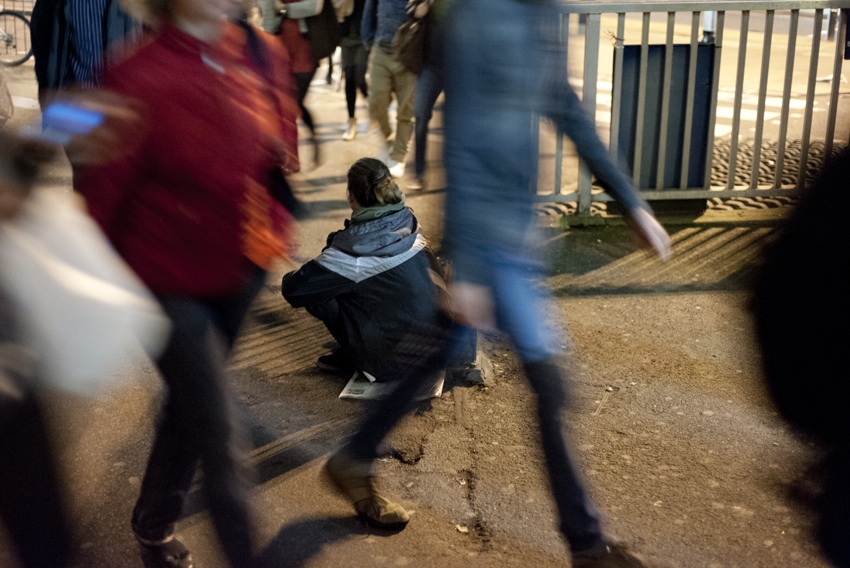A ban on begging in Switzerland was in breach of the European Convention of Human Rights for fine on a vulnerable woman for begging. In the judgment, the Strasbourg Court noted that the applicant, Ms Lăcătuş, who belongs to the Roma community, was highly vulnerable, and that by depriving her of the ability to beg the Swiss government had deprived her of her means of subsistence.
The court ruled that the Swiss penalty of a fine of 500 Swiss francs or a five-day custodial sentence for begging in public places was a disproportionate interference with the exercise of the applicant’s right to a private life. The applicant was consequently awarded 922€ as compensation.
Whilst the Swiss government attempted to argue that the criminal sanctions were necessary in order to stop the exploitation of those in poverty by criminal networks, the court cast doubt on whether the penalization of victims of such networks could ever be effective or proportionate as a measure. In their decision, the court considered that a blanket ban on begging was a radical measure which required strong justification and rigourous scrutiny by the courts, referencing the United Kingdom as a country with a ‘less nuanced ban’. In England and Wales, begging and rough sleeping are criminal offences punishable by a fine under the Vagrancy Act 1824. A review of the legislation is pending.
The UK government have been under recent scrutiny regarding their attitudes towards the homeless after funding for the ‘Everyone In’ scheme was pulled after two months. Meanwhile, ‘hostile architecture’ is an increasingly common phenomenon in cities, with calls from major homelessness charities across England and Wales to end the practice. In the judgment, the court cited the opinion of United Nations Special Rapporteur on Extreme Poverty and Human Rights that measures with the motivation of making poverty less visible in a city and attracting investment are not legitimate with regard to human rights.
Human rights lawyers and academics in the UK have further identified the court’s focus on the extreme poverty the applicant found herself as significant regarding the use of Article 8 to protect the welfare of those who have been rendered highly vulnerable by poverty. The court highlighted the fact that applicant was neither in work nor in receipt of social benefits as crucial to its finding that depriving her of the ability to beg was a breach of a right ‘inherent in human dignity’. This may hold particular importance given that under the new Immigration rules, foreign rough sleepers, many of whom have no recourse to public funds, may have their permission to be in the UK refused or cancelled.
Campaigner for homelessness charity Crisis Hannah Slater tweeted in response to the ruling: ‘Criminalising begging is not only cruel and immoral, but also counterproductive. Time to get rid of the Vagrancy Act 1824.’
Quite right. Criminalising begging is not only cruel & immoral but also counterproductive as increases vulnerability rather than supporting people out of need.
Time for get rid of the Vagrancy Act 1824 which criminalises begging & rough sleeping in England & Wales #ScrapTheAct https://t.co/Cnxb91NWUf
— Hannah Slater (@hannahslateruk) January 19, 2021







